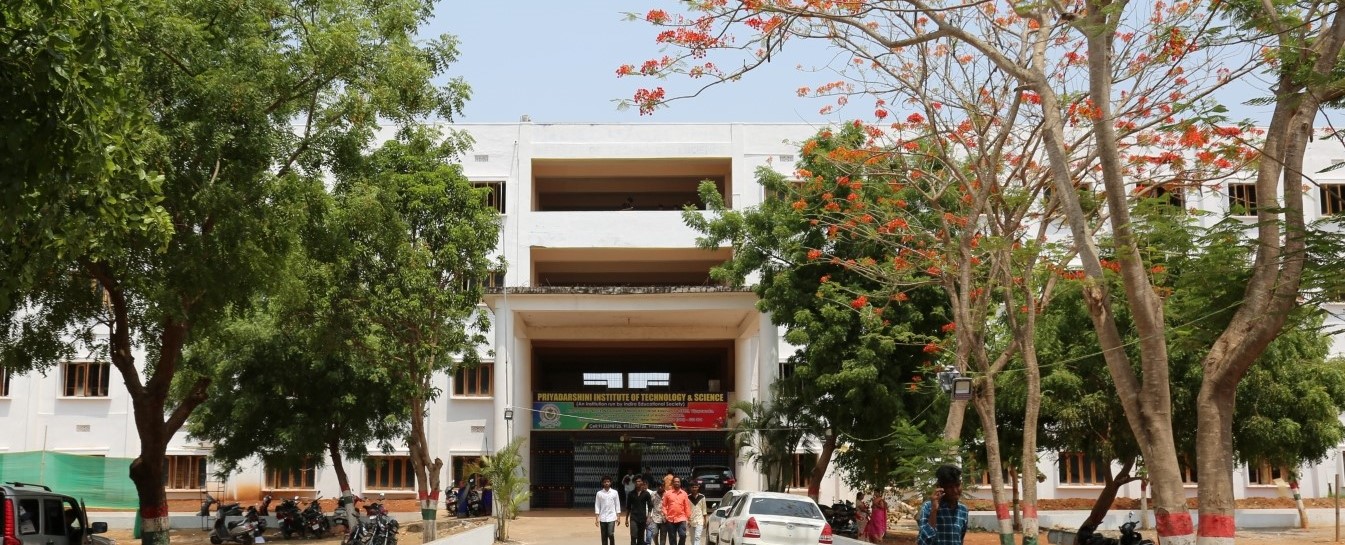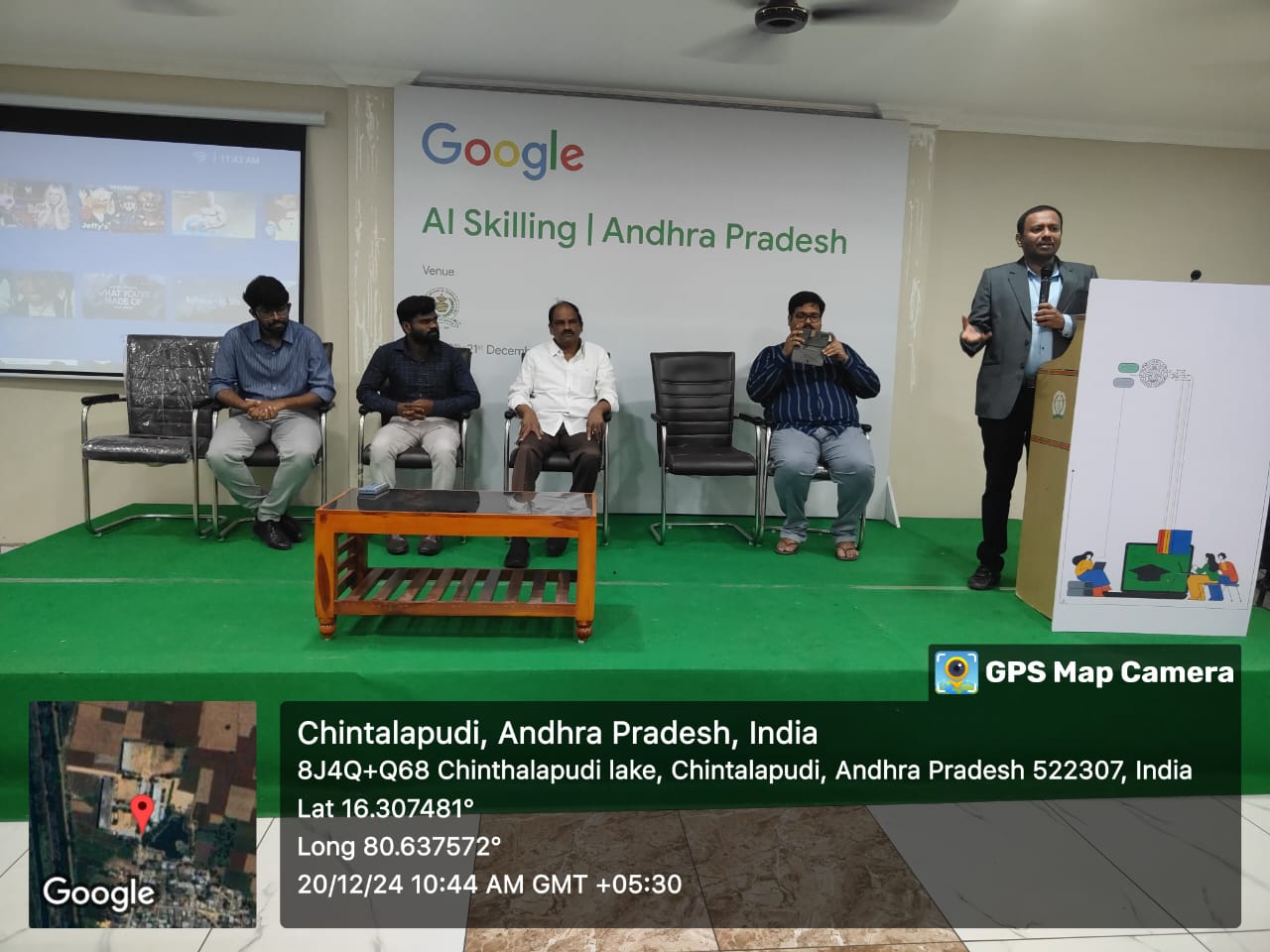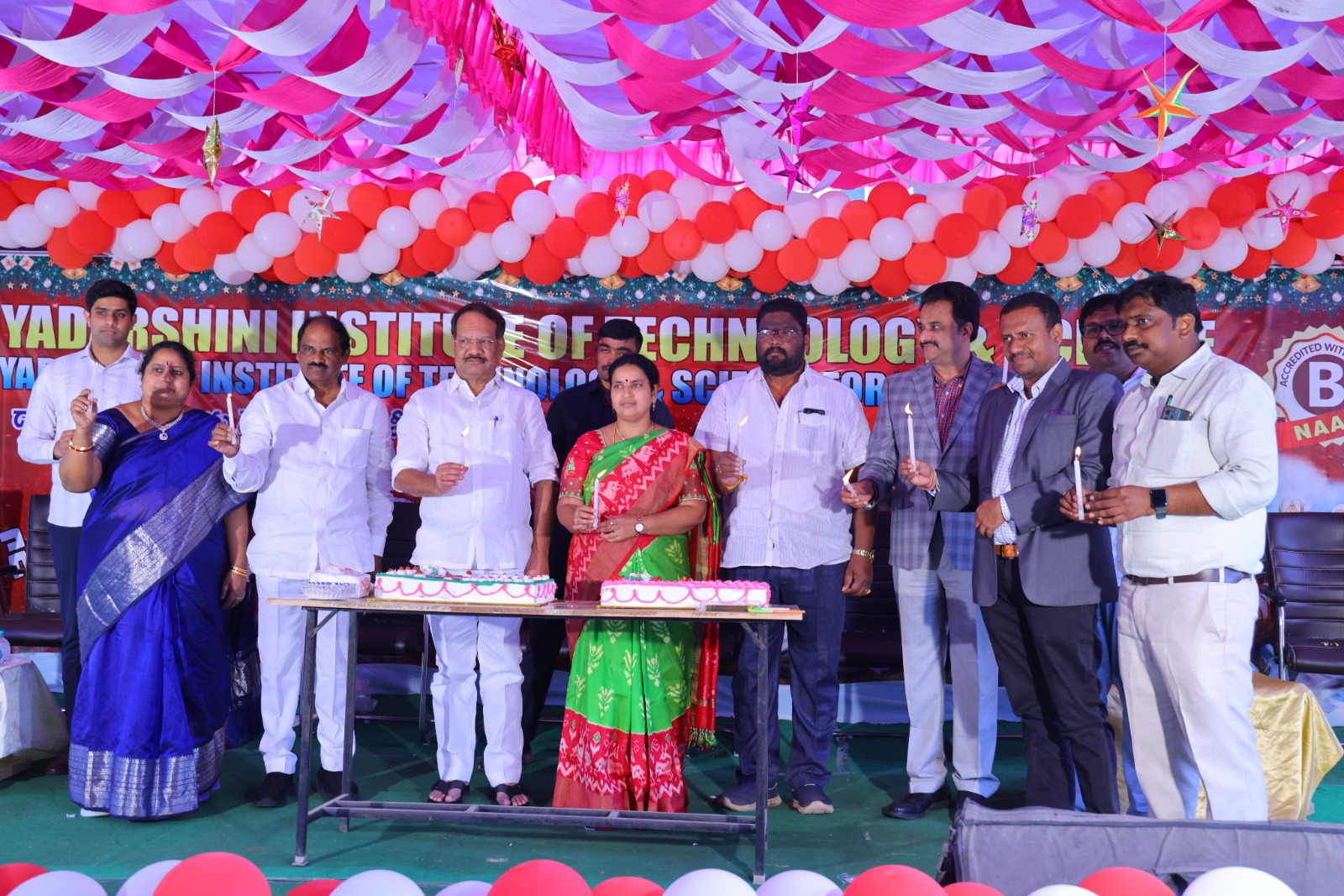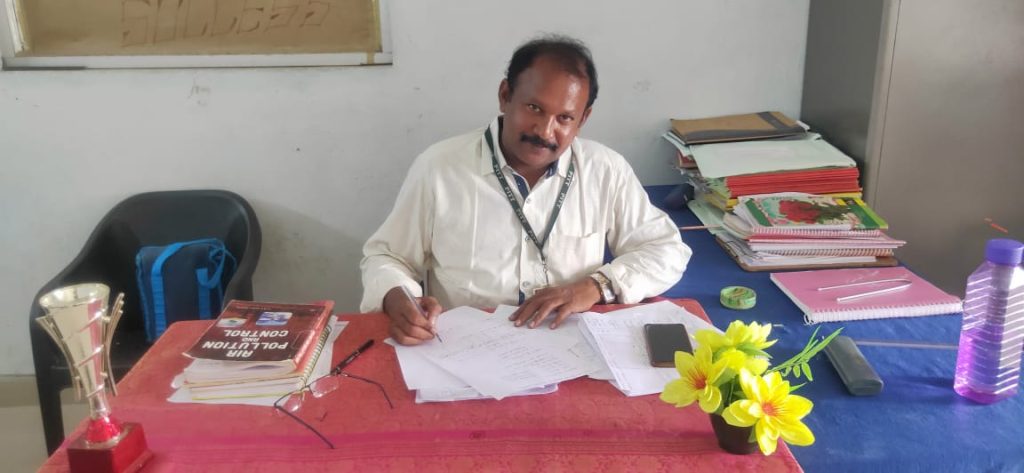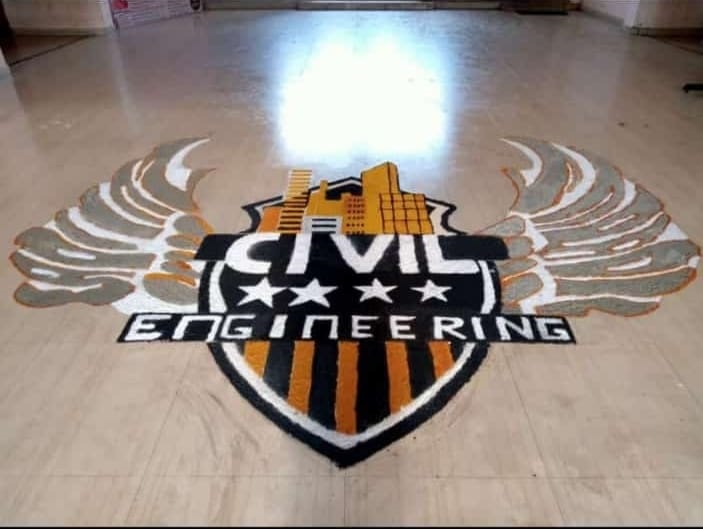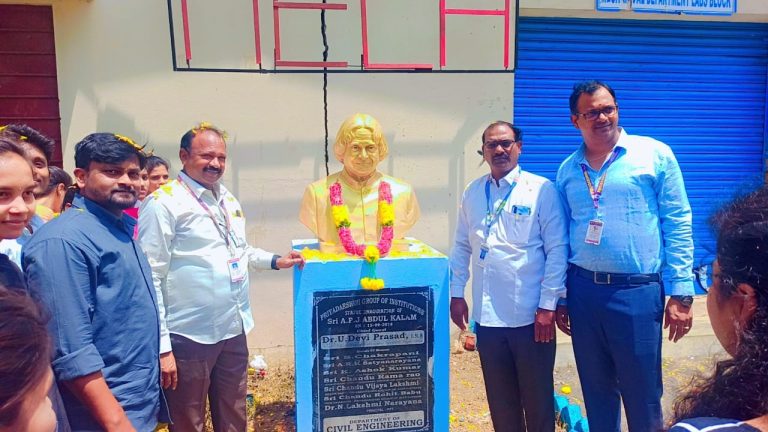CIVIL ENGINEERING
About
This era of civil engineering technological changes are very fast this changing world needs innovative ideas along with basic skills and knowledge of civil engineering in the passion to change the world in future to see the advanced civilization we need the basic weapons are required priyadarshini collage of engineering providing advanced knowledge in civil engineering and qualified experienced faculties and advanced equipment with well facilities.
Civil engineering is the very basic branch of engineering and said to be the mother of all other engineering branches came up only after it. Now, it is comprises of different sub-branches such, Structural Engineering, Transportation Engineering, etc. Civil engineers provide the technical expertise and management skills to plan, design, construct and maintain facilities such as buildings, bridges, road, rail, airports and harbours. Graduates find employment in the infrastructure industries as planners, consulting engineers and project manager, site managers and project engineers. Civil engineering department started in 2007. The intake started from 60 and now it is 60.
Many batches have pass out with flying colors and they are serving in the different parts of the country. Many students cleared their GATE and pursuing higher studies. The department is having the different laboratories such as Environment Engineering Lab, Geotechnical Engineering Lab, Geo-Informatics Engineering Lab, Surveying Lab, Hydraulics Lab, Transportation Lab, Structure Analysis Lab, Building Material and Construction Lab, CAD Lab etc. CAD Lab is having a good number of computers. All the labs are well equipped with the instruments to cater the needs of undergraduate students. The CADD Lab is having different software’s such as AUTOCAD, STAAD-Pro, MS Project, C++ etc. The lab can undertake testing and consultancy works as well. Recently, the department has published papers in journal and conference proceedings
Vision of Civil Department
To produce Civil Engineers of high caliber, technical skills and ethical values to serve the society and nation. To make the department a centre of excellence in the field of civil engineering and allied research. To provide knowledge base and consultancy services to the community in all areas of civil engineering.
Mission of Civil Department
PROGRAM OUTCOMES
Program Specific Outcomes (PSO’s) of the CIVIL Department
Program Specific Outcomes (PSOs) are specific statements that describe the professional career accomplishments that the program is designed. The PSOs of the B.E. program in Civil Engineering are as follows:
1. PSO-1: Capability to manage large infrastructure projects ensuring safe and cost-effective execution of projects having knowledge of fast track construction and project management.
2. PSO-2: Ability to use building software packages to calculate safe loads and stresses for designing structural members to ensure safety and serviceability.
3. PSO-3: Ability to provide innovative solutions for traffic safety and efficiency through intelligent transportation systems, and mitigate the environmental impact of construction by adopting green building concepts.
Program Educational Objectives
DEPARTMENT OF CIVIL ENGINEERING
Program Educational Objectives (PEO’s) of the Department
The Program Educational Objectives of the Civil Engineering undergraduate program are for graduates to achieve the following, within few years of graduation. The graduates of Civil Engineering Program will
1. Contribute to Nation’s growth, enabling time-bound creation of world-class infrastructure in the country and delivering sustainable solutions for rural and urban development.
2. Exhibit commitment; engage in lifelong learning and continuous improvement for enhancing their professional and personal capabilities.
3. Pursue professional development to enhance their undergraduate degree and advance their careers.
Program Specific Outcomes
DEPARTMENT OF CIVIL ENGINEERING
Programme Outcomes (POs)
PO1 | Engineering knowledge: Apply the knowledge of mathematics, science, engineering fundamentals, and an engineering specialization for the solution of complex engineering problems. |
PO2 | Problem analysis: Identify, formulate, research literature, and analyze complex engineering problems reaching substantiated conclusions using first principles of mathematics, natural sciences, and engineering sciences. |
PO3 | Design/development of solutions: Design solutions for complex engineering problems and design system components or processes that meet the specified needs with appropriate consideration for public health and safety, and cultural, societal, and environmental considerations. |
PO4 | Conduct investigations of complex problems: Use research-based knowledge and research methods including design of experiments, analysis and interpretation of data and synthesis of the information to provide valid conclusions. |
PO5 | Modern tool usage: Create, select, and apply appropriate techniques, resources, and modern engineering and IT tools, including prediction and modeling to complex engineering activities, with an understanding of the limitations. |
PO6 | The engineer and society: Apply reasoning informed by the contextual knowledge to assess societal, health, safety, legal and cultural issues and the consequent responsibilities relevant to the professional engineering practice. |
PO7 | Environment and sustainability: Understand the impact of the professional engineering solutions in societal and environmental contexts, and demonstrate the knowledge of, and need for sustainable development. |
PO8 | Ethics: Apply ethical principles and commit to professional ethics and responsibilities and norms of the engineering practice. |
PO9 | Individual and team work: Function effectively as an individual, and as a member or leader in diverse teams, and in multidisciplinary settings. |
PO10 | Communication: Communicate effectively on complex engineering activities with the engineering community and with t h e society at large, such as, being able to comprehend and write effective reports and design documentation, make effective presentations, and give and receive clear instructions. |
PO11 | Project management and finance: Demonstrate knowledge and understanding of the engineering and management principles and apply these to one’s own work, as a member and leader in a team, to manage projects and in multidisciplinary environments. |
PO12 | Life-long learning: Recognize the need for, and have the preparation and ability to engage in independent and life-long learning in the broadest context of technological change. |
MORE ABOUT THE DEPARTMENT
S NO
1
2
3
4
5
6
7
8
9
10
11
12
13
NAME
Dr. Nadupuru Bhaskara rao
Bandi Srinivasarao
Kolluri Hanumantha rao
Kuchipudi Kiran Kumar
Govathoti Komalraj
Chidaraboyina Lakshmi Naga Bala
Bolagani Venkata Srinivasarao
Chigurumamidi Ganesh
Kurapati Sangeetha rao
Katkoju Hemanth sai
Mullapudi Srikanth
Modugumudi Ganesh babu
T. Siva Rama Krishna
DESIGNATION
Professor
Associate Professor
Associate Professor
Assistant Professor
Assistant Professor
Assistant Professor
Assistant Professor
Assistant Professor
Associate Professor
Assistant Professor
Associate Professor
Assistant Professor
Assistant Professor
QUALIFICATION
M.Tech , Ph.D
M.Tech
M.S.C
M.Tech
M.Tech
M.Tech
M.Tech
M.Tech
M.Tech
M.Tech
M.Tech
M.Tech
M.Tech
NAME OF THEDEPARTMENT
Civil
Civil
Civil
Civil
Civil
Civil
Civil
Civil
Civil
Civil
Civil
Civil
Civil



